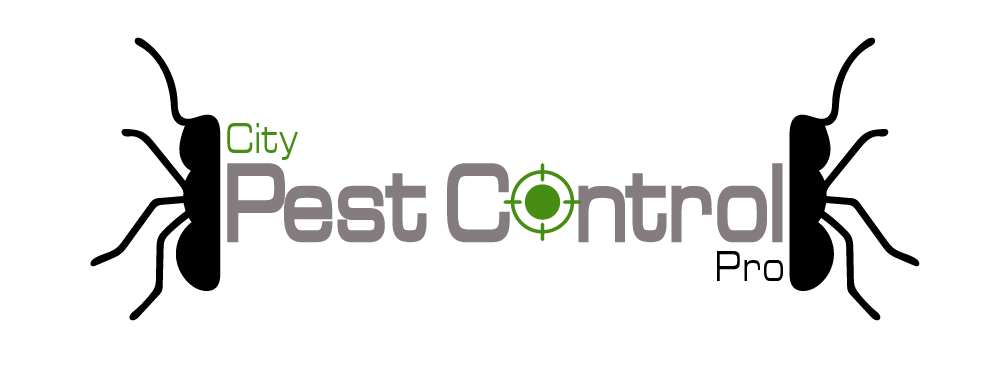What To Do After Tick Bite To Prevent Lyme Disease
- How to remove the tick
- How to prevent Lyme disease after tick bite
- Are tick bites serious?
Getting a tick bite often goes unnoticed by many people. Ticks are small and their bites aren’t really that harsh at first. This doesn’t mean that they can’t be dangerous. Many ticks carry Lyme disease and this can be passed on in their bite. Removing a tick safely and doing the proper aftercare for a bite is essential for preventing Lyme disease after a bite. Let’s look it a little further.
When you notice the tick and how to remove it
When you first notice a tick bite it’s important to properly remove it first.
- Use something like tweezers to grab the tick
- Pull back gently and try not to crush the tick
- Wash your hands after and leave any remains of the tick that are still in the skin alone
If there’s a bit of tick leftover don’t worry. Those parts will go away on their own. Now that the tick is removed you move on to some proper aftercare.
Aftercare for preventing lyme disease
Here’s a shortlist of what to do after the bite and when to seek treatment.
- Identity if the tick is a deer tick
- Estimate how long that it’s been attached. An engorged tick has most likely been attached for over 24 hours.
- If the above two are true then seek treatment. Go to a doctor and you’ll be put on antibiotics
The first thing that you have to do is identify what type of tick and how long it’s been attached. If the tick is identified as a deer tick and it looks like it’s an engorged tick, then seek help right away. Deer ticks are the biggest spreaders of Lyme disease and it takes about 48 hours of attachment for Lyme disease to transfer. Most doctors will give antibiotics to treat Lyme disease and it should clear up after treatment.
Get Tested
After you experience a tick bite, you must get tested for lyme disease soon after. You do not want to go unchecked and find out down the road that you are experiencing symptoms of lyme disease. Contact your local doctors office or primary care physician and have a test done to ensure that you do not have lyme disease. This is the only way to be 100% sure that you are not going to get lyme disease after tick bite.
Conclusion What To Do After Tick Bite To Prevent Lyme Disease
A tick bite can be a serious issue. It’s important to perform checks and a daily basis if in an area prone to have ticks. If one is noticed, safely remove it and properly identify it. If identified as a deer tick and it’s been attached for a while, then seek treatment.
By following these steps a tick bite doesn’t have to dangerous or life-threatening. So go and enjoy the outdoors.
